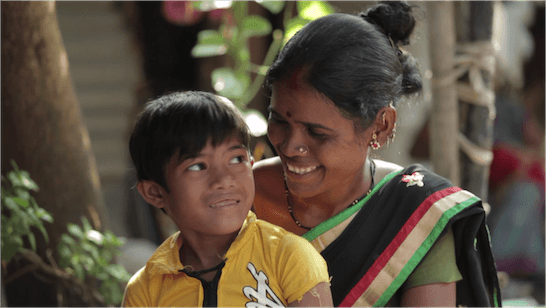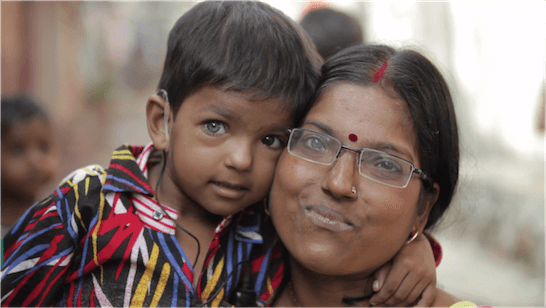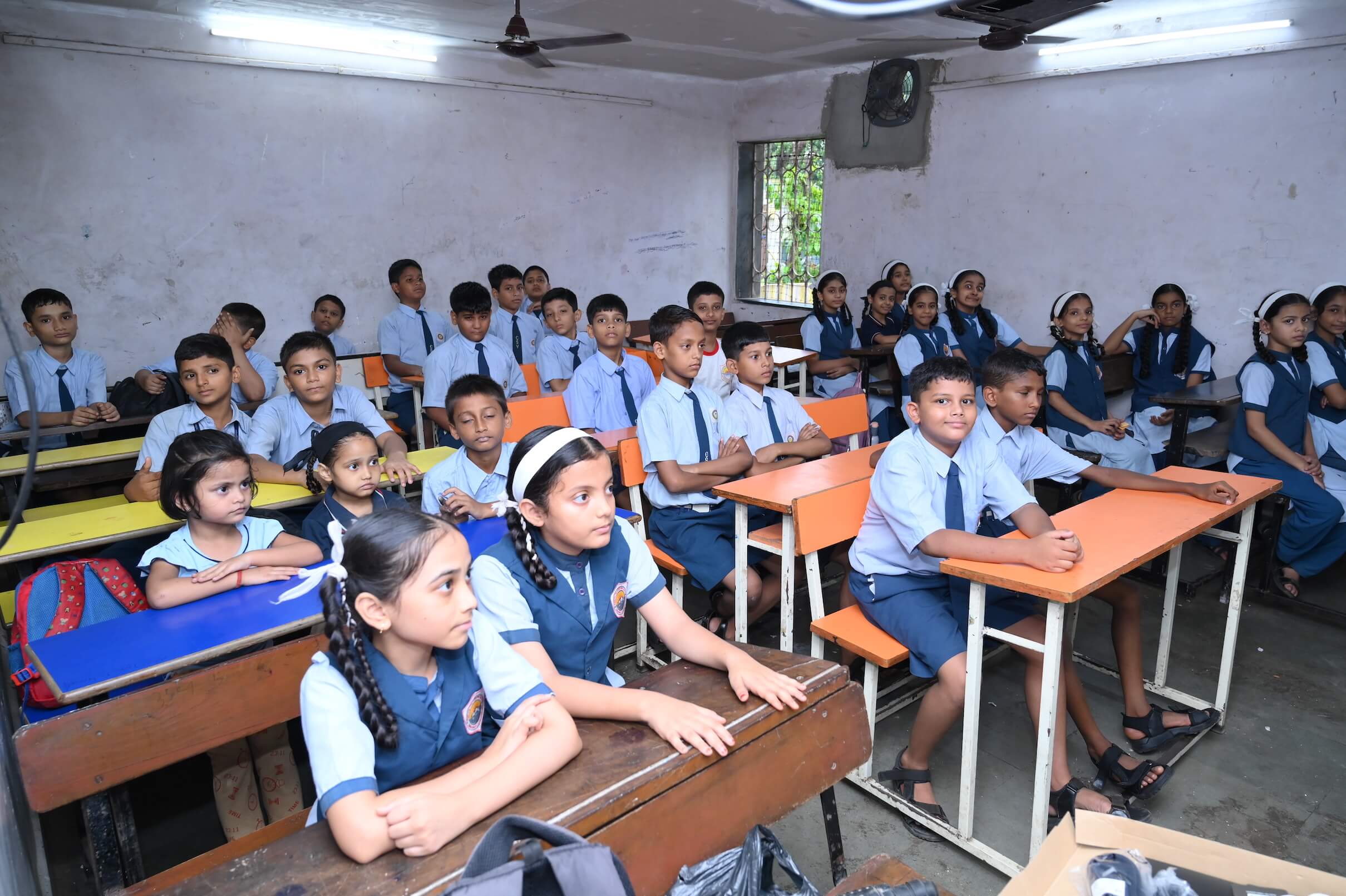





Ekam Saksham
Mental Health Counselling
FOUNDATIONAL PILLARS
PRIMING MENTAL HEALTH
Delving into intersection of determinants
Identifying mental health space of children as a priority setting, understanding emerging priorities by comprehending neuro-cognitive factors like stressors, psychological distress.
Harnessing power of empathy & compassion
Building endurance to tackle nuanced mental health complexities in a nurturing environment.
LENS OF MOBILITY
Mobile medical unit extending footprint
of service delivery
of service delivery
Addressing the disproportionate utilization issues of mental health services by children by bringing essential primary mental healthcare to the forefront at schools.
Permeation of mental healthcare
The structural challenges at the farthest corners of the system level are translated into psychosocial care delivered at Anganwadis through trained professionals.
COST EFFECTIVENESS
Outweighing benefits against costs
Grappling with liminality of care the program is a pragmatic solution in its infrastructure offering, averting DALYs & improving QALYs in children.
Targeted Reach
The pilot project serves the Worli and Mahim neighbourhood in central Mumbai, covering 40-50 schools with ~3500 children
How?
Increasing accessibility by bringing mobile counselling for mental health support directly to schools, eliminating barriers like transportation, cost, and the lack of local facilities.
Offering anonymity and the comfort of privacy.
Mobile services will allow for quicker response times, enabling early detection of issues such as anxiety, depression, or bullying, preventing these problems from escalating.
Allowing flexible hours, making it easier for students to access counselling during school hours without missing classes.
Raise awareness about mental health among students and teachers, encouraging a culture of openness and reducing stigma over time.
Outcome
• Accessibility to a safe and confidential space for problem sharing
• Timely Intervention with flexible hours
• Improved mental health and well-being
• Increased utilization of mental health services
• Reduction in mental health-related stigma
• Improved teacher competency
• Improved school environment
• Increased parental involvement in mental health support
• Improved coping mechanisms among students
• Reduction in school dropout rates
• Improved academic performance
• Reduced rates of bullying or violence



